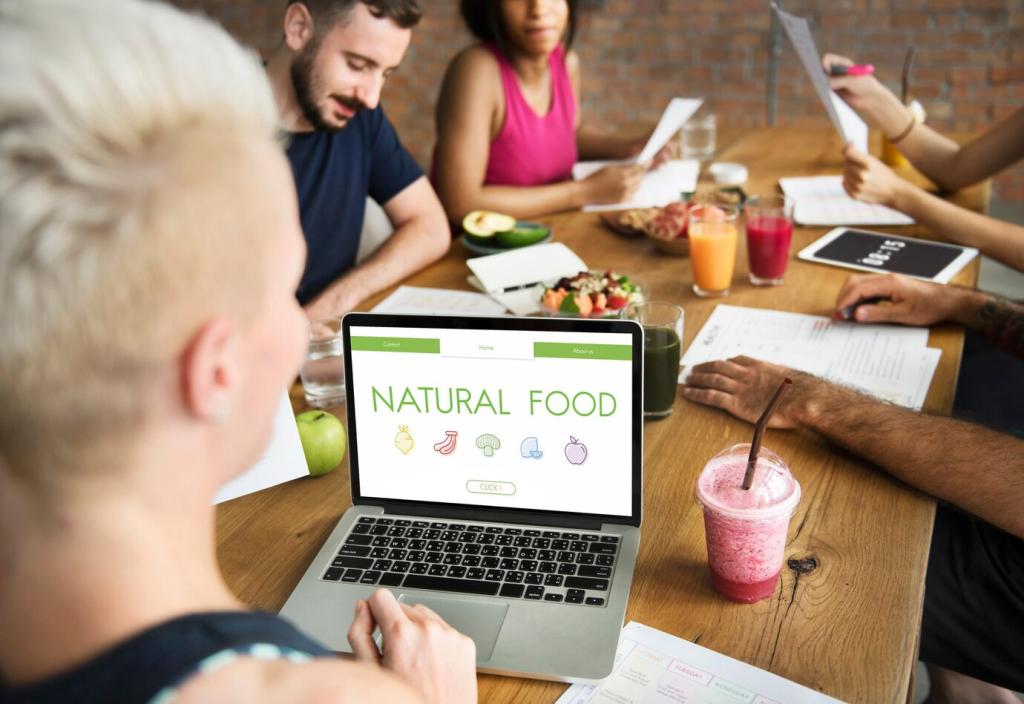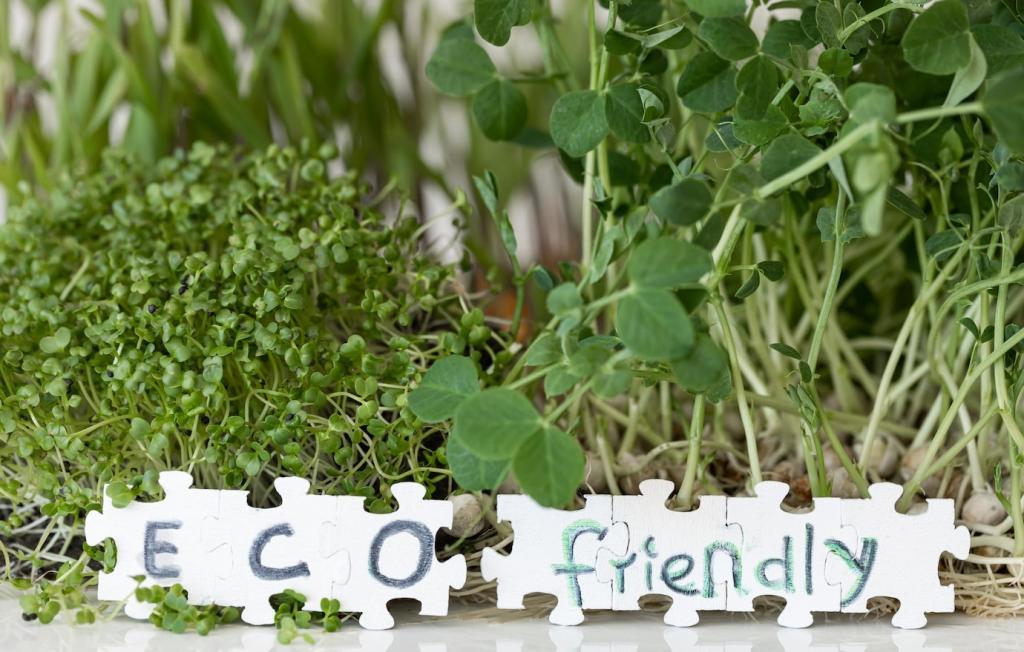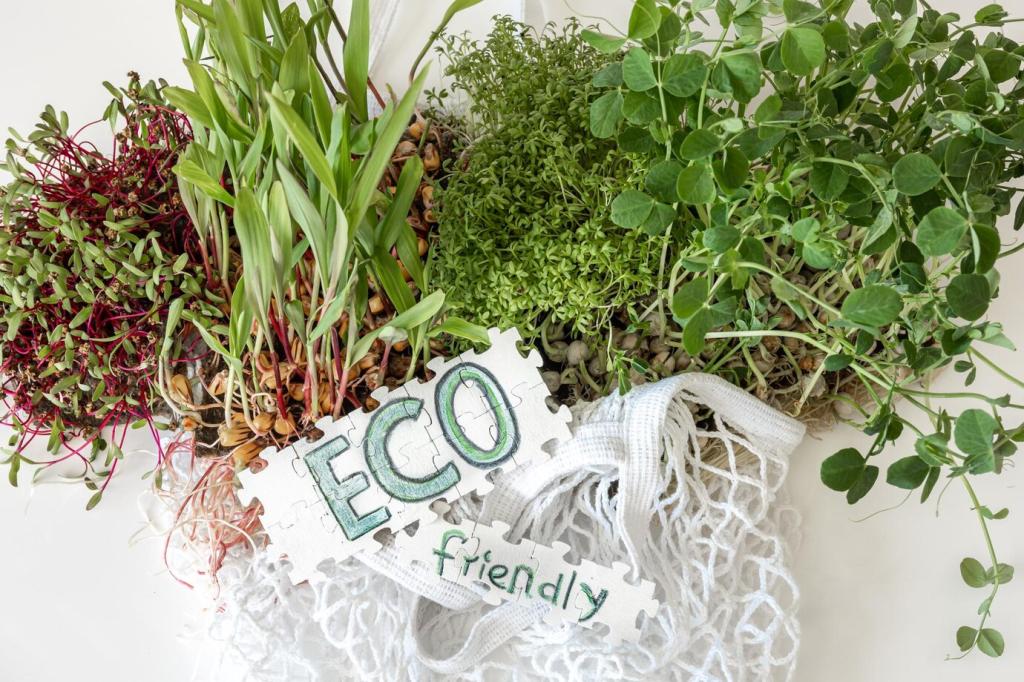SEO Tips for Eco-Friendly Content
Chosen theme: SEO Tips for Eco-Friendly Content. Welcome to a bright, practical guide for creators who care about rankings and the planet. Learn how to reach conscious readers, tell authentic sustainability stories, and build ethical visibility. Subscribe, share your wins, and help this green community grow.
Map Sustainable Personas to Real Queries
Sketch personas like zero‑waste beginners, conscious parents, or procurement managers seeking greener suppliers. List their questions, compare seasonal trends, and match search intent to content formats that truly help, not just sell.
Target Long‑Tail, Planet‑Positive Keywords
Prioritize specific, actionable phrases such as “plastic‑free bathroom swaps for renters” or “B2B recycled packaging certifications checklist.” These long‑tail queries convert better, attract motivated readers, and reduce bounce by answering real problems completely.
Signal Honesty in Titles and Meta Descriptions
Avoid vague claims like “eco miracle.” Use precise language: materials, certifications, impact scope, and limitations. Clear meta descriptions build trust, improve click‑through rates, and distinguish your content from greenwashing noise in crowded search results.
Use Helpful Headings and Accessible Alt Text
Write H1–H3 headings that forecast value, not fluff. Add descriptive alt text explaining the sustainability relevance of images, materials, and processes. Inclusive, clear language improves comprehension, time on page, and your chances of earning featured snippets.
Build Internal Links That Teach and Guide
Cluster pages around themes like circular economy, energy efficiency, and mindful consumption. Link from primers to deep dives, FAQs, and how‑tos. This web of context strengthens topical authority and helps readers continue learning without getting lost.
Cite Sources and Show Evidence
Reference standards, lifecycle assessments, or reputable reports when making impact claims. Summarize methods in plain language and link transparently. Demonstrating rigor elevates your E‑E‑A‑T signals and gives readers confidence to bookmark and share.

Performance and Low‑Impact Pages
Remove unused libraries, defer non‑critical scripts, and inline only what is essential. Cleaner code improves Core Web Vitals, reduces energy use per visit, and makes your sustainable message load as quickly as it deserves.


Performance and Low‑Impact Pages
Serve WebP or AVIF, compress intelligently, and lazy‑load below‑the‑fold assets. Use responsive sizes so mobile readers do not download desktop‑sized files. Better image hygiene boosts speed, rankings, and eco credibility in one elegant move.
Content That Earns Links and Changes Habits
Combine practical steps with clear numbers, checklists, and before‑after outcomes. Interview practitioners, visualize findings, and include downloadable resources. Journalists and bloggers link to evidence, and readers subscribe when your advice genuinely works.


Create Pillars and Supporting Articles
Develop pillar pages on themes like circular design, low‑carbon logistics, or sustainable textiles. Surround each pillar with how‑tos, definitions, interviews, and FAQs. Interlink extensively so readers and crawlers recognize your expertise.
Plan Around Seasonal and Civic Moments
Schedule content for Earth Day, local cleanups, and industry conferences. Refresh pages with updated stats and resources. Timely relevance increases discoverability and invites readers to comment with their own events and experiences.
Use Structured Data to Clarify Purpose
Add Article, HowTo, FAQ, and Organization schema where appropriate. Mark up authors, ratings of sources you cite, and step‑by‑step instructions. Rich results lift visibility and help eco learners find what they need fast.

This is the heading
Lorem ipsum dolor sit amet, consectetur adipiscing elit. Ut elit tellus, luctus nec ullamcorper mattis, pulvinar dapibus leo.

This is the heading
Lorem ipsum dolor sit amet, consectetur adipiscing elit. Ut elit tellus, luctus nec ullamcorper mattis, pulvinar dapibus leo.
